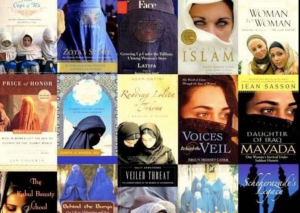Faith and Theology has uncovered the secret of European civilization, and our lack thereof: chocolate.
Faith and Theology: A theology of chocolate
To enter a little French or Swiss chocolaterie – the sight! the smells! mon Dieu, the taste! – is one of life’s most sublime experiences. The development of existentialist philosophy in France and of neo-orthodox theology in Switzerland can, in my view, be traced directly to the quality of the chocolates of those regions. (On the other hand, the dour humourlessness of the Religious Right in America can perhaps best be explained by unwrapping a Hershey bar.)
Finally, a plausible explanation for the dismal theology and moralizing that animates far too many American religious leaders.
Ah, my mouth waters at the memory of Parisian candy shops and bakeries.
But is it perhaps a Catholic thing? Are American candies tasteless and bland (but highly efficient) because of the domination of American cultural life by WASPs? Northern Europe, after all, pioneered that uninspiring but very materially productive Protestant Work Ethic. As a consolation prize, those lazy southerners around the Mediterranean were granted la Dolche Vita, one of the many glorious outcomes of which is its mastery of all things chocolate.
All this talk of food and religion reminds me: It’s been too long since I watched that Danish of world film classic, "Babette’s Feast". Watching the conflicted reactions of the stiff, self-abnegating Calvinists of a small 19th century Jutland village struggling to silently devour the sumptuous cuisine of the banquet from which the movie draws its name–and which is the very embodiment of all their Calvinist anxieties about temptation, the Vatican and "Papistry"–without so much as a contented smacking of the lips is a feast in itself.











